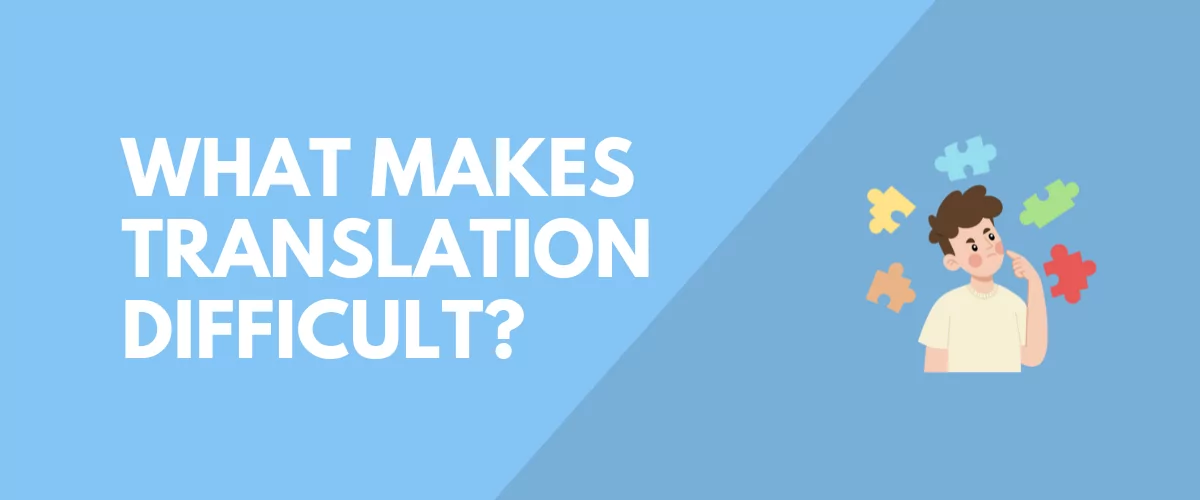What makes translation difficult? Why are some words more difficult to translate than others? Why does machine translation still struggle with accuracy?
When trying to translate anything, including your website, you can often run into problems transferring words and meaning from one language to another. Even if you use the same words on paper, the end result can turn out to be incorrect or insufficient.
The main reason for that is that languages don’t exist in a vacuum. Besides their own individual intricacies, they are part of a complex system of culture and context in which they developed and are being used. That’s something you always have to be mindful of it when translating from one language to another.
To help you understand what exactly makes translation difficult sometimes, in this post we are going to cover common factors that contribute to it. We hope that it helps you appreciate the complexity of translation work more and also gain awareness of what to pay attention to when translating yourself.
Intrinsic Language Properties
One of the first obstacles to translation is language itself. There are inherent properties of languages that hinder conveying the same meaning in two different ones. And here are some of them.
Diverse Grammatical Structures
Different languages have their own grammatical quirks. For example, the bane of the existence of every student of the German language is its multitude of different articles. The English word “the” can, depending on the sentence it appears in and the gender of the word it describes, be “der”, “die”, “das”, “dem”, “den”, or “des”.
| Case | Masculine | Feminine | Neuter | Plural |
| nominative | der | die | das | die |
| genitive | des | der | des | der |
| dative | dem | der | dem | den |
| accusative | den | die | das | die |
Similarly, “a” and “an” might appear as “ein”, “eine”, “einen”, “einem”, “eines”, or “einer”. Because English doesn’t have noun genders, this aspect of the language is much simpler.
Another example of grammatical differences is subject-verb-object vs subject-object-verb word orders. When translating between two languages where the basic sentence structure is not the same, it takes a lot of rearranging to get the meaning right.
The fact that differences like this exist already makes translating difficult. Translators, human and machine alike, need to take them into account to produce correct translation outcomes.
Idioms, Proverbs, and Expressions
The more visual and metaphorical parts of languages also frequently pose a challenge. For one, they are difficult to translate because their meaning is separate from the words they contain.
For instance, in English it’s common to wish someone good luck by saying “break a leg”, especially in the theater world. Of course, if you take this literally, the phrase itself expresses quite the opposite of what it has come to mean. If you are not familiar with that particular idiom, you might completely misunderstand it.
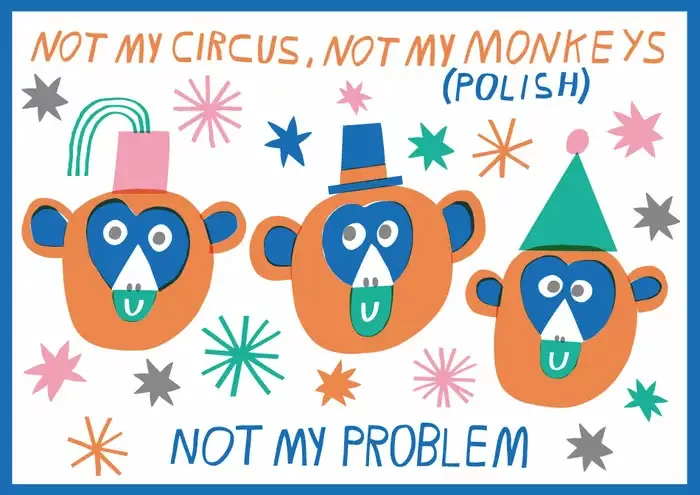
A second difficulty is that, even if you understand them, such expressions are often hard to convey in another language. They are frequently rooted in the culture and history of a particular language and have no direct equivalent.
Sometimes the same idioms or idioms with the same meaning exist. For example, in German instead of “break a leg”, you wish “Hals- und Beinbruch”, which loosely translates to “neck and leg fracture”. However, often enough you have to find indirect ways to express the meaning of an idiom. This is a process called transcreation, where you convey the same concept in the target language while using its own words. It often comes into play for advertising campaigns.
Polysemy: Words With a Wide Range of Meaning
Polysemy means a single word or phrase that possesses multiple meanings. This is actually quite common and here is a bit of a humorous example.
However, there are many other cases. Just think of how many different things the words “get”, “do”, and “put” can mean. “Bank”, is another example. It can denote both a financial institution, the edge of a river, or something to sit on.
Due to polysemy, it can be difficult to select the appropriate meaning for a given word. That’s why literal translations don’t always work and you always have to take into account the context a word appears in. More on that below.
Homonyms: Words That Sound the Same
Similar to polysemy, homonyms are words that have the same spelling or pronunciation but different meanings. They, too, can contribute to making translation difficult.
This is especially true for spoken language. Just think of the divergent meanings of “to”, “too”, and “two”, yet, they are pronounced the same. What’s more, in Chinese, the word for third person singular (he, she, it) is always pronounced “ta”. Therefore, when it’s not spelled out, without additional context, you can’t always know which gender person someone is talking about or even if they are talking about an animal.

Small things like that can lead to difficulties when converting text from one language to another.
Humor and Sarcasm
Another thing that can be very difficult to bring across in translation is humor. This is especially true for puns, which rely on wordplay and, more often than not, simply don’t work in any other language than their original. Here’s one:
Can February March? No, but April May.
Try telling that joke in a language where the words for the third and fifth month of the year aren’t also verbs by accident. You can’t.
In addition, humor can be very contextual and rooted in a particular culture or even time. Shakespeare, for instance, often uses references to men as “horned” in his plays. In his time, this was a metaphor for someone whose wife is cheating on him, something modern readers might not understand without explanation. Yet, Shakespeare’s original audience was probably familiar with it and in on the joke.
Finally, sarcasm has the same problem as idioms. When taken at face value by someone whose grasp of a particular language is weak or who lacks context, it can often come off as the opposite. The phrase “yeah, that’s great” can mean very different things depending on your facial expression and how you pronounce it.
False Friends, the Translator’s Enemy
False friends are words that appear to be similar in two languages but really aren’t. If you don’t pay attention to that, it can lead you down the wrong path.
For instance, something that tripped me up in high school was that the English words “who” and “where” are “wer” and “wo” in German respectively. Basically exactly the other way around. Because I missed the particular lesson where this was explained due to being sick, I messed up my entire homework thanks to these false friends (something that still traumatizes me to this day apparently).
Another example of a false friend is the German word “sensibel”. From the look of it, you would think it corresponds to the English “sensible”, right? However, its actual meaning is that of “sensitive”.
Slang
Then, there is slang. It’s largely based on conventions and can give words completely new meanings. However, if you are not part of the group that agreed on the new meaning, you might completely misunderstand it.
Case in point, there was a time when “radical” was a word with positive connotations and meant as much as “cool” or “awesome”. Just ask these guys:
These days, you would be hard-pressed to find a context in which someone uses “radical” to express a good thing, especially in politics. Other examples in which slang reverses the original meaning of words are “sick” and “wicked”.
Another thing to be aware of during translation.
Regional Dialects
Another problem is that languages aren’t even congruent within themselves. They can differ greatly between different regions that speak them. Just think of the differences between US and UK English.
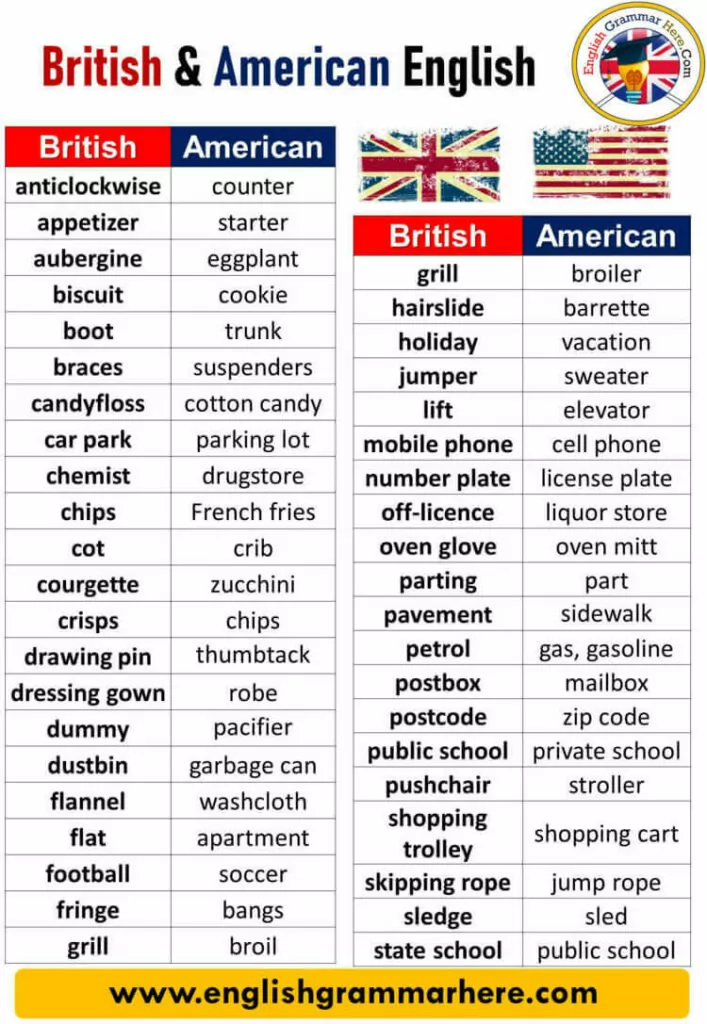
However, this can even happen within the same country. My Chinese teacher in university once said that when he, as a native Beijinger, goes to Shanghai, he could only understand 40% of the local dialect.
Less than half! And that is a native Chinese person. How are you, as a non-native, supposed to fare better? In conclusion, don’t underestimate regional differences as a significant factor of what makes translation difficult.
Cultural Background and Context
We have already touched upon the significance of culture and context in language and translation. In this section, we want to dive into this topic a bit more.
Untranslatable Words
One specific reason why some words are more difficult to translate into another language is because they may describe a concept that doesn’t exist in this form elsewhere. You want examples? Here they are:
- Komorebi (Japanese) — A word to describe the sunlight streaming through the leaves of trees.
- Dominguero (Spanish) — Someone who lives in constant ‘holiday mode’, always looking for their next trip or adventure.
- Kummerspeck (German) — The weight you put on due to being sad or depressed, especially after heartbreak. It literally means “grief bacon”.
As is probably obvious, these words have no direct equivalent in other languages. Consequently, translating them requires explanation or approximation.
Cultural Context
In addition to the above, certain words and phrases can be particularly challenging to translate due to the cultural idiosyncracies they are rooted in. We have already talked about humor, which can be very specific to a place and even time. However, there are other ways in which culture can have an effect on language.
For example, both Turkish and Mandarin Chinese, which are from cultures where family bonds are very important, have specific words for almost every level of familial relationships.
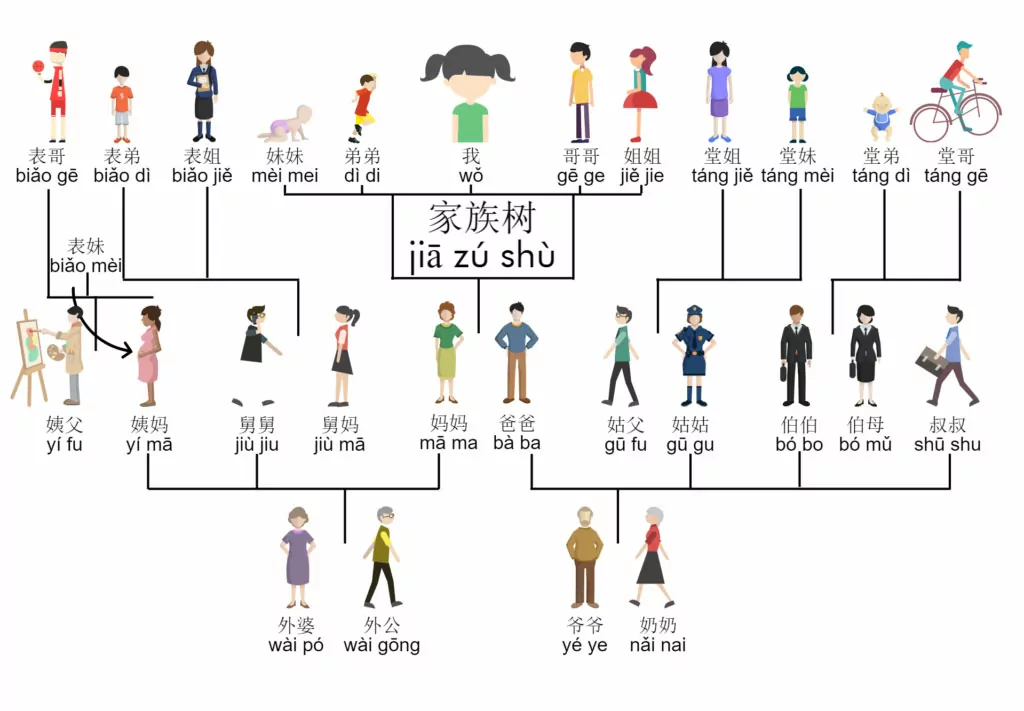
While in other languages, such as English, you use descriptions such as “my uncle, who is my father’s younger brother”, these languages have a specific word to describe this particular family relation.
However, you can see cultural context in language at work in other cases as well. The Inuit famously have many words to describe different types of snow, something that clearly comes from the environment they lived and live in (by the way, allegedly Scots have more than 400 such words).
Because of these differences, translation is often a compromise between honoring the source text and adjusting it so that it’s understandable in another language and culture.
Cultural Sensitivities
Another way that culture plays a role in making translation difficult is rooted in what different cultures may find disrespectful or insulting.
For example, while fast food companies may use “100% beef” as a sign of quality when advertising their wares in other countries, in India, where cows are revered animals, this type of campaign wouldn’t go far. Here, you would have to find other ways to translate the claim of high quality for an Indian audience.

These types of differences make it difficult to ensure that translations are not only accurate but also respectful and considerate of the target audience’s values and beliefs. You have to not only be mindful of the literal meaning of words and phrases but also consider the cultural context in which they appear.
How TranslatePress Can Make (Website) Translation Less Difficult
While the idiosyncrasies of languages can make translation less easy at times, when translating your website, at least the tool you use shouldn’t add to the difficulty. For that reason, we want to take a quick moment to talk about TranslatePress, our WordPress translation plugin and why we think it’s a great choice.
User-Friendly Interface and Real-time Translation
In TranslatePress almost everything happens in one easy-to-use interface.
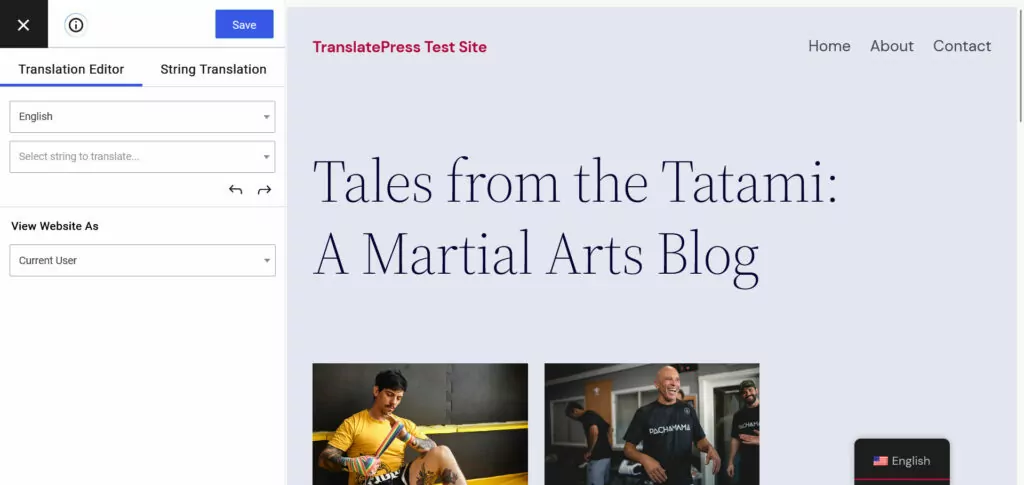
You can navigate around your site and choose content to translate in the preview on the right. Take advantage of the drop-down menu and arrow buttons to pick individual strings or directly pick them from the page.
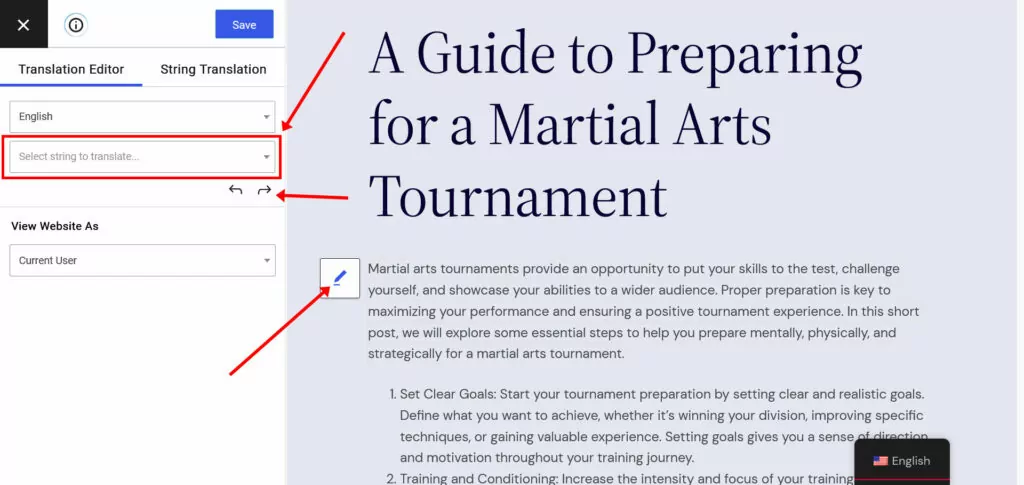
Once you do so, you can simply enter your translation into the respective field.
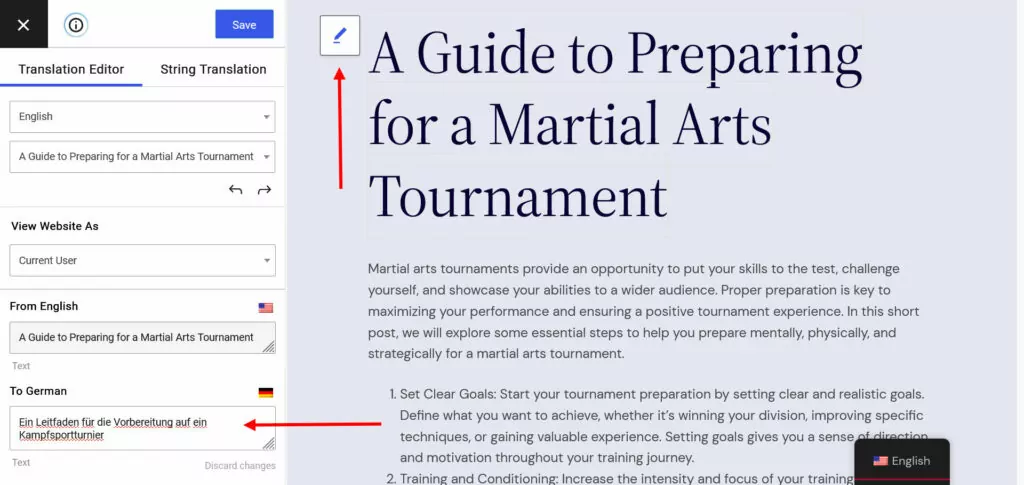
When you now save, the translation automatically appears on your page immediately.

Other Benefits
Aside from its easy usage, TranslatePress offers other additional benefits:
- Translate everything — Besides normal page content, the plugin automatically scans your site for strings from themes, plugins, and other dynamic content and offers a separate menu to convert them to another language.
- Image translation — TranslatePress also allows you to provide different image versions for different languages. That way, you can adapt text in your images or simply use more culturally appropriate visuals for different language versions.
- Multilingual SEO — TranslatePress is designed to be SEO-friendly, ensuring that search engines can index and rank your translated content appropriately. This leads to better visibility in other languages. There is also the SEO pack that allows you to translate your page URLs, SEO titles, and more.
- Automatic translation — With TranslatePress, you can integrate your site with automatic translation services like Google Translate and DeepL. They can provide initial translations, which you can fine-tune to ensure accuracy and quality. Saves time and effort!
If you are interested in learning more about TranslatePress, check out the full features list. The plugin is free to use for one additional language. If you need additional features, have a look at the premium version.
TranslatePress Multilingual
TranslatePress is the easiest way to translate your WordPress site. It's fast, won't slow down your website, works with ANY theme or plugin and it's SEO friendly.
Get the pluginDon’t Make Translation More Difficult Than It Has to Be
Translating languages is a complex process due to their quirks and intricacies, cultural differences, and the importance of context. It’s important to not simply convert the words but also conserve the overall meaning in a way that users of the target language will understand it.
Ultimately, it takes a combination of linguistic knowledge, cultural sensitivity, and contextual understanding to bridge the gap between languages and cultures. That’s why translation can be difficult and the process of doing it deserves respect and attention.
However, if you are translating your website, be sure to pick a tool that makes implementing it easy.
What parts of translation do you most struggle with? What other difficulties do you encounter? Let us know in the comments!

